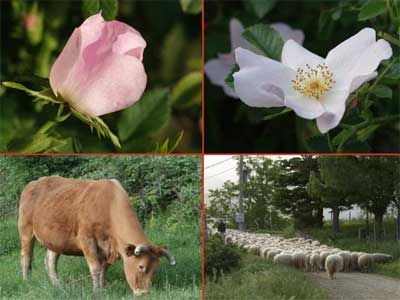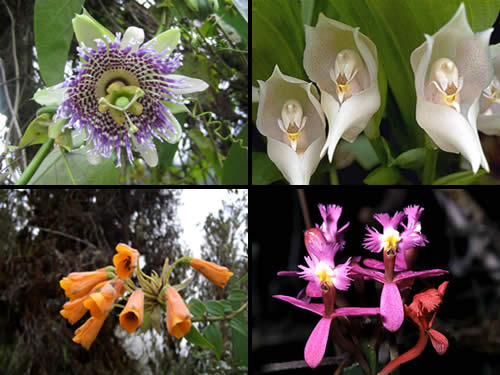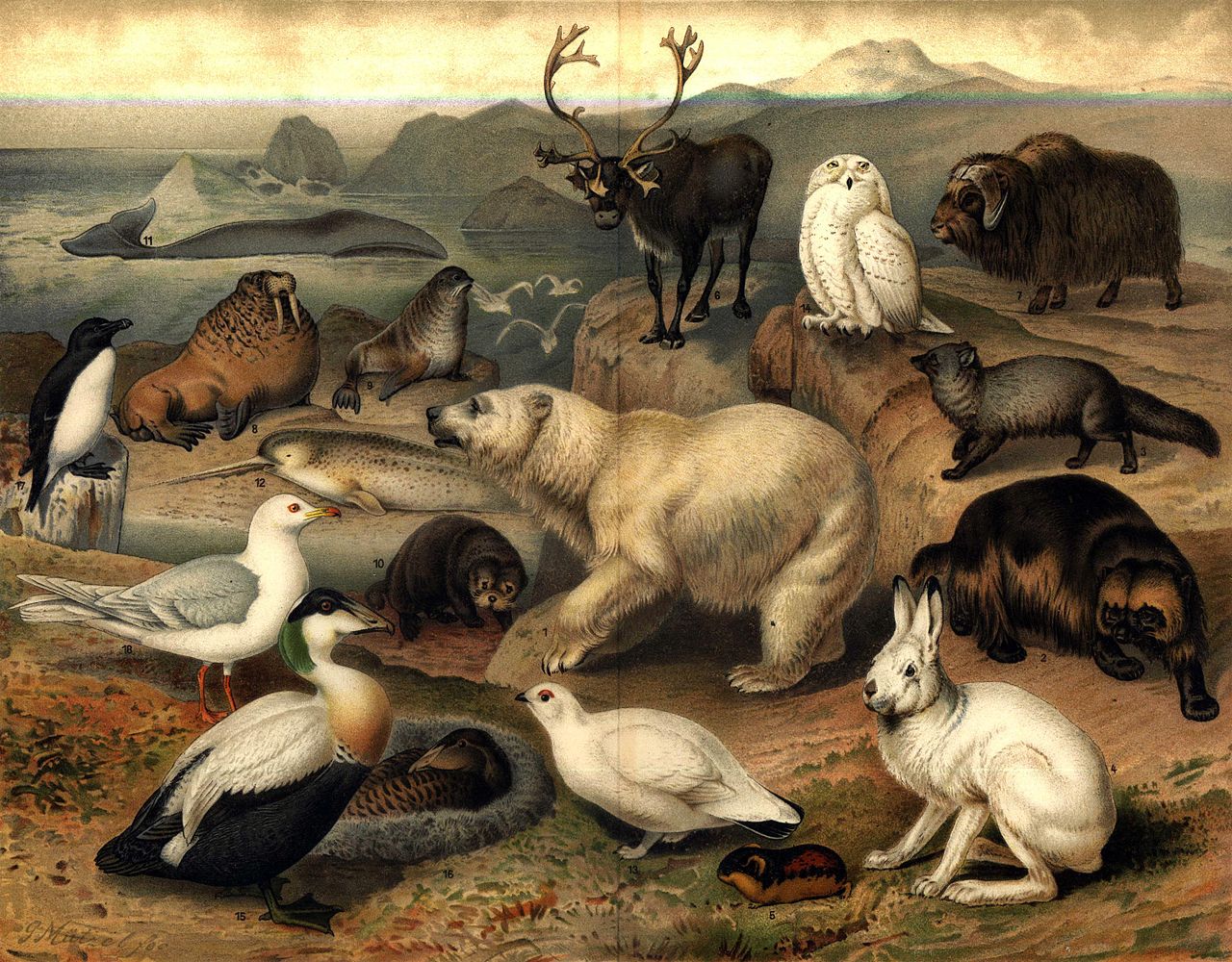What is Flora and Fauna

Flora and fauna refer to plant and animal life, respectively, of any particular region or time. Together the term flora and fauna is used to refer to the native plant and animal life of a region or area at a particular time.
For instance, a warmer region will support a flora and fauna consisting of tropical to warm-temperate vegetation and exotic birds. Over 50% of the world’s plant and animal species are found in the flora and fauna of rainforest. The fauna of rainforest includes animals from mammals to reptiles and from birds to invertebrates.
Flora and fauna of an area are important for various reasons, but particularly for the ecological one. The plants and animals indigenous to a region maintain delicate ecological balance and the environmentalists keep track of all species there to check if any of them are facing danger of extinction.
Flora, fauna and other forms of life are collectively called biota.
Instructions
-
1
Flora
Flora refers to the naturally occurring plant life of a specific region or time. The word Flora comes from the Latin word “Flora” which is name of the Roman goddess of flowers and fertility.
Flora is further divided into three groups, native flora, agricultural flora and weed flora. Native flora of a place encompasses all the plant species that are indigenous to that area, and have not been imported from other regions. Agricultural flora means the plants and vegetables that are grown again and again by the residents of that area in gardens and farms, while weed flora are those herbs or plants that are considered useless by the human beings, who eradicate them to strengthen useful flora, both native and agricultural.
All the unicellular and multi-cellular bacterial organisms such as algae and fungi are also categorized as flora, but a separate term, bacterial flora is used to describe them.
Image courtesy: camilo-faunayflora.blogspot.com
-
2
Fauna
Fauna is all of the wildlife of any specific area of time. The word fauna comes from Latin word “Faunus”, the name of a Roman god, and Fauna, the name of a Roman goddess of earth and fertility. It is a collective noun that relates to all wild life in a place, from mammals to reptiles to birds. There are many subdivisions; Infauna, Epifauna, Macrofauna, Megafauna and Meiofauna.
Infauna includes aquatic animals, epifauna is a subgroup of infauna and includes species found at the bottom of the sea.
Macrofauna are small organisms found inside the soil, megafauna refers to vertebrates and reptiles living on land and meiofauna includes all species of invertebrates.
Image courtesy: commons.wikimedia.org




